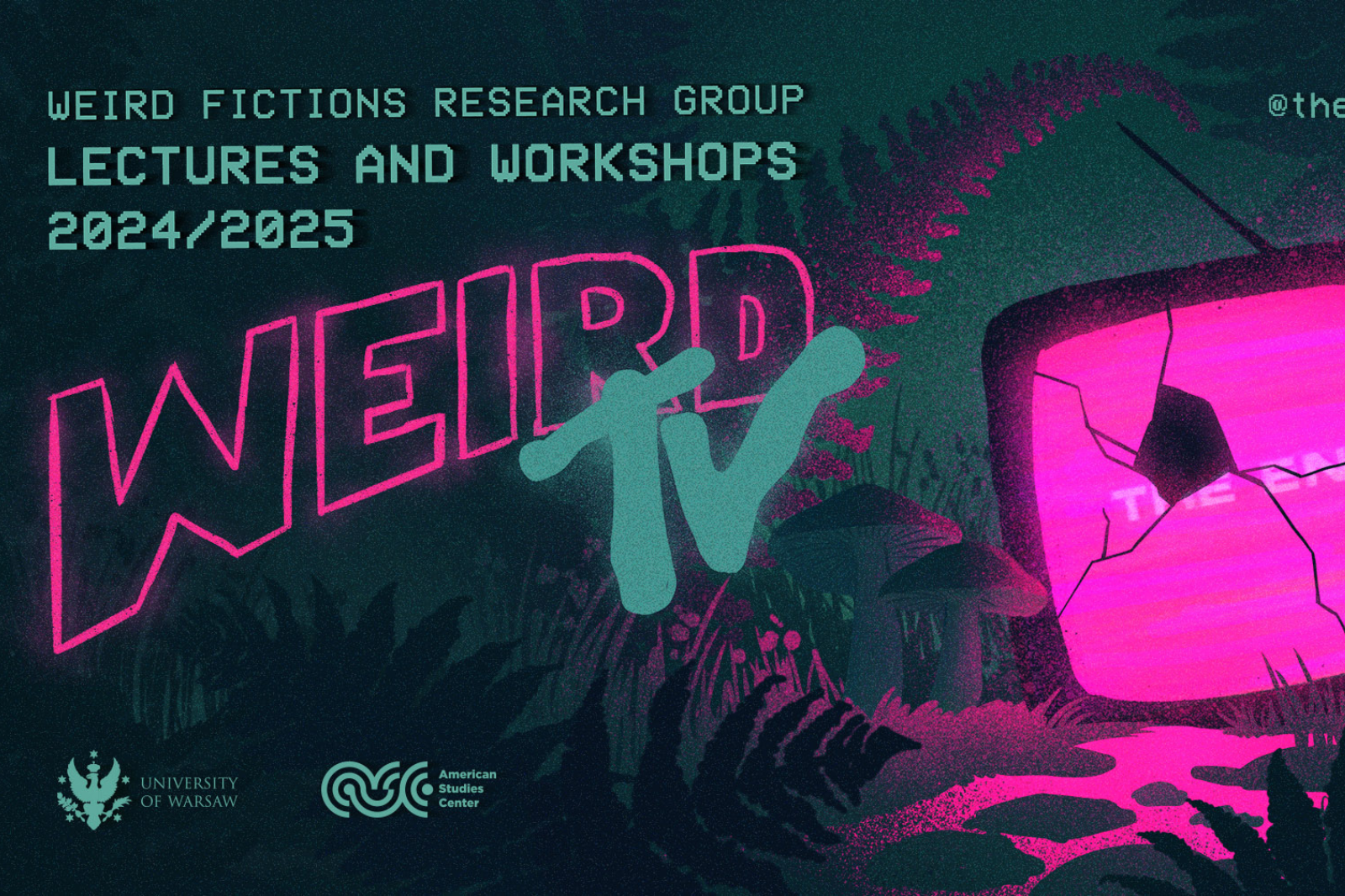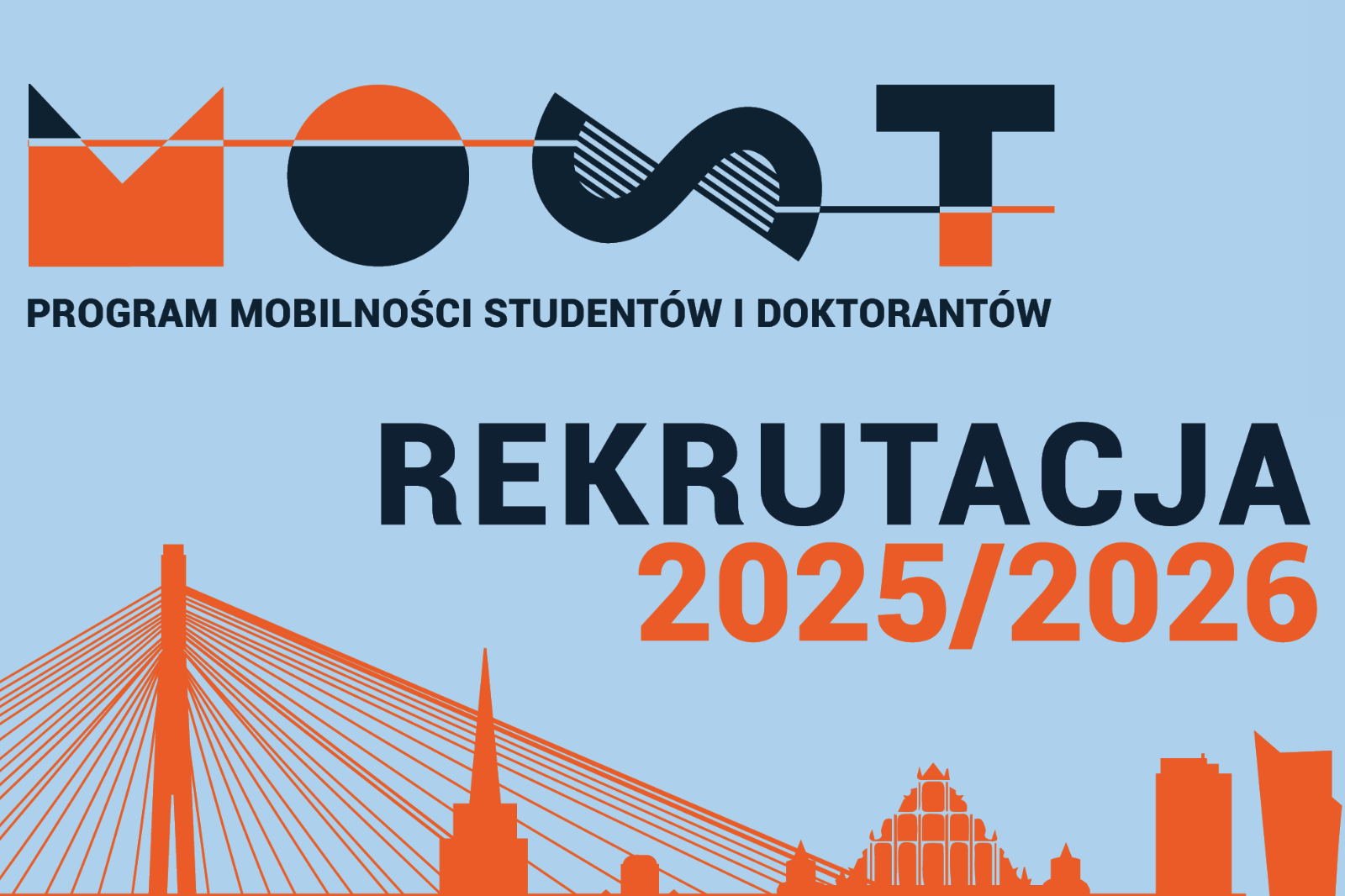Weird Fictions Research Group invites you to a workshop by
Nicholas C. Laudadio
(University of North Carolina Wilmington)
Oscillations: On Electronic Music and Science Fiction
This event is a part of the Weird Music series organized by the Weird Fictions Research Group members and their invited guests.
Wednesday, May 18, 2022
at 5:30 p.m.
You can get 2 OZN points for participating in this event.
Check how to collect OZN points online here.
Where?
This lecture will be streamed online. To attend, click the button below or enter https://us02web.zoom.us/j/86482351364 into your browser, and join the meeting.
What?
In this presentation, I will be considering a relatively straightforward question–what is science fiction music and what makes it science fictional in the first place? The focus of the discussion will center largely on postwar popular music in English, establishing a very basic taxonomy of the subgenre while also addressing some of the broader questions such a discursive confluence might suggest. In addition to paying particular attention to music and musicians who contribute to the world of sf music, I will also take into account the role that the various technologies of musical production and reproduction have played in constructing the ‘sound of the future’ with the musical machinery of the present moment.
Who?
Nicholas C. Laudadio is an associate professor of English at the University of North Carolina Wilmington where he teaches classes in critical/cultural theory, science fiction/horror, and pop music/culture studies. He has published in Science Fiction Studies, Extrapolation, Science Fiction Film and Television, Foundation, Journal of the Fantastic in the Arts, and Journal of Popular Music Studies. He co-edited the Handbook of Disaster Pedagogy for Higher Education (Rowman and Littlefield, 2022) and is currently finishing The In Sound from Way Out: Electronic Music and Science Fiction and co-authoring Way-Out Music for Way-Out Kids: Experimental Children’s Music with Meghan M. Sweeney.



